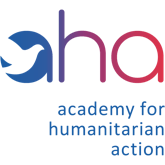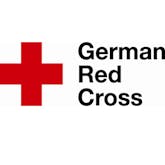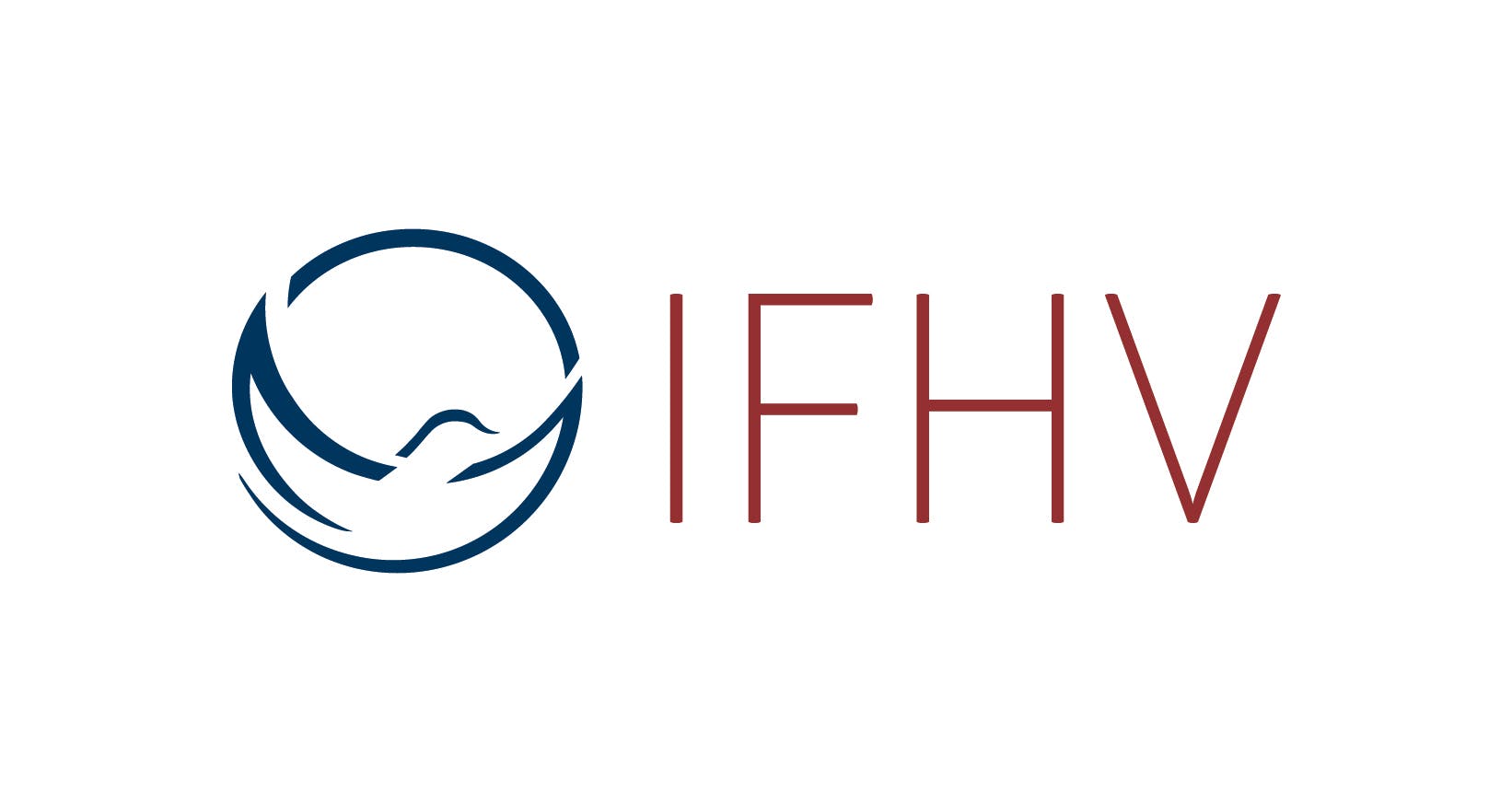Understanding and Developing Trigger Models for Anticipatory Humanitarian Action: A 101 for Humanitarian Practitioners
Fully booked
Anticipatory Humanitarian Action is an innovative approach within the humanitarian system connecting forecasts of predictable extreme events with often predefined humanitarian measures to get “ahead of a shock”. To do so, it critically hinges on (quantitative and / or qualitative) information indicating that an extreme event is likely to happen and pre-agreed thresholds or rules for decision-making to induce action – the so-called “trigger”. While developing and monitoring triggers often involves external expertise, e.g., from meteorologists or data scientists, this workshop introduces humanitarian practitioners to the broad field of trigger models for Anticipatory Action. A special emphasis is on the role of local actors and local knowledge in the development, monitoring, and potential institutionalization of trigger models, thus making sure that triggers are as context-specific, locally-owned, and sustainable as possible.
The workshop takes place online on November 4th (9:00 am to 4:30 pm) and on November 5th (9 am to 1:30 pm) and includes regular breaks. It is facilitated by a team of experts working on Anticipatory Action, and supported by the German Red Cross.
You will learn
What different types of trigger models exist in AA and which types of risks and hazards AA offers an added value for
How to select and assess forecasts and engage in strategic partnerships for trigger development
How to monitor and refine your trigger model
How to make sure local actors and local knowledge inform the development and monitoring of trigger models
Target group
Humanitarian practitioners from German NGOs and their local partner organizations, e.g. project managers, with basic knowledge of Anticipatory Action and/or a background in Disaster Risk Reduction.
Schedule
Day 1
- Introduction to Trigger Models for Anticipatory Action
- Deep Dive: Demystifying Triggers
- Group Exercise: Designing a Trigger Model
- Going beyond Natural Extreme Events: Triggers for Other Risk Types
- Trigger Reviews: Monitoring, Evaluating and Refining the Model
Expert Team on Anticipatory Action
Lecturer

The training is facilitated by Sören Schneider from the Institute of International Law of Peace and Armed Conflict (IFHV) of the Ruhr-University Bochum. It includes inputs from a broad range of experts working on Anticipatory Action with diverse backgrounds. Amongst others, these inputs will be delivered by representatives from the Red Cross Red Crescent Climate Centre, German Red Cross, Welthungerhilfe, Ruhr-University Bochum, the People's Disaster Risk Reduction Network and Caritas Germany, as well as CARE International.
German Red Cross
Lecturer

This training is supported by the German Red Cross (GRC), which supports more than 50 Sister National Societies worldwide and more than 20 Sister National Societies in anticipatory action.
Since 2013, the Red Cross and Red Crescent Movement has been actively working to bring anticipatory approaches to the forefront of humanitarian action through pilot projects. In close cooperation with the International Federation of Red Cross and Red Crescent Societies (IFRC) and the Red Cross Climate Centre, the GRC was able to test the implementation of the Forecast-based Financing approach (FbF) in several project countries and refine the methodology, supported by the German Federal Foreign Office. The GRC, the IFRC and the Climate Centre jointly initiated the Anticipation Hub, a platform to facilitate knowledge exchange, learning, guidance, and advocacy around anticipatory action both virtually and in-person.
04.11.2024 - 05.11.2024
12 hours of training
Online Event
 This training is organized by the Institute for International Law of Peace and Armed Conflict.
This training is organized by the Institute for International Law of Peace and Armed Conflict.